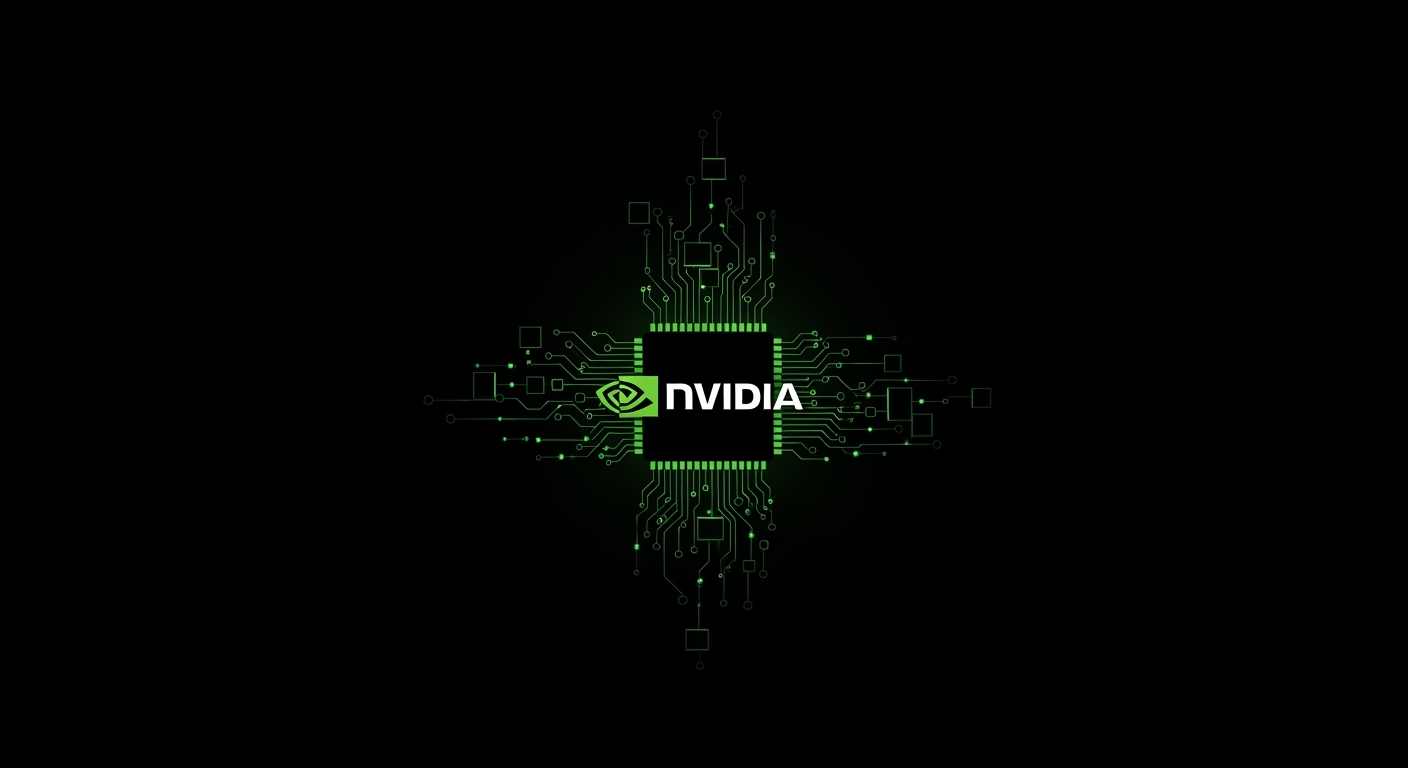Nvidia Prepares to Resume China AI Chip Sales After Regulatory Shifts

Nvidia Set to Restart AI Chip Sales in China Following Regulatory Reversals
After months of regulatory uncertainty, Nvidia is preparing to resume sales of its H20 artificial intelligence chips in China. The move follows a series of abrupt U.S. government restrictions and rapid policy reversals, highlighting the ongoing complexities in global tech trade.
What’s Changed for Nvidia’s China Business?
This week, Nvidia announced it has filed applications to restart H20 chip sales to Chinese clients and expects to receive U.S. government licenses in the near future. Shipments could begin shortly after approval. In addition, Nvidia is introducing a new "RTX Pro" chip designed for the Chinese market, which the company says complies with all current export regulations and is tailored for digital manufacturing use cases, such as smart factories and logistics.
The Role of the H20 Chip
The H20 is not Nvidia’s most advanced processor, but it is the most powerful AI chip the company can currently sell to China under U.S. export controls. Optimized for "inference" tasks—running existing AI models in real-world applications—the H20 is an attractive choice for Chinese tech giants thanks to its superior memory bandwidth and seamless integration with Nvidia’s extensive software ecosystem.
- Major buyers: Companies like ByteDance, Alibaba, and Tencent have reportedly stockpiled H20 chips earlier this year, anticipating tighter controls.
- Export controls: U.S. restrictions target chips exceeding certain performance thresholds, such as memory or I/O bandwidth.
Regulatory Back-and-Forth
The backstory is marked by rapid policy shifts. In April, the U.S. administration restricted sales of the H20 chip, a move that could have cost Nvidia up to $16 billion in revenue, based on the volume of Chinese orders in the first quarter alone. However, the ban was paused soon after Nvidia CEO Jensen Huang attended a high-profile dinner event with former President Trump. This policy reversal came as Nvidia promised fresh investments in U.S. data centers, reportedly worth up to $500 billion over the next four years with key industry partners.
U.S.-China Tech Tensions Continue
This episode underscores the ongoing balancing act between national security concerns and the commercial interests of American tech firms. U.S. policymakers have argued that relaxing controls could bolster China’s AI capabilities, pointing to recent breakthroughs by Chinese startups using Nvidia chips as evidence.
Despite a previous October 2023 ban on Nvidia's H800 chips, Chinese companies have reportedly found ways to continue acquiring advanced hardware, keeping the race for AI dominance very much alive.
What’s Next?
Nvidia’s return to the Chinese market is likely to be closely monitored by both governments and industry watchers. The situation remains fluid, with further policy twists possible as the U.S. seeks to manage the risks and rewards of AI innovation on the global stage.
References
- Nvidia announced Monday that it’s filing applications to restart sales of its H20 artificial intelligence chips to China, capping a spasmodic few months that saw the Trump administration impose restrictions, then quickly reverse course after a high-profile dinner meeting.
- The company expects to receive U.S. government licenses soon and begin deliveries shortly after, according to a blog post.
- Chinese tech giants including ByteDance, Alibaba, and Tencent had been aggressively stockpiling these chips in the first three months of this year in anticipation of stricter export controls.
- Within a week of NPR’s report being published, Nvidia announced plans to build AI servers in the U.S. worth as much as $500 billion over the next four years, with help from partners such as TSMC.
- The U.S. banned the sale of those H800 chips back in October 2023, but Chinese suppliers have managed to figure out workarounds.





